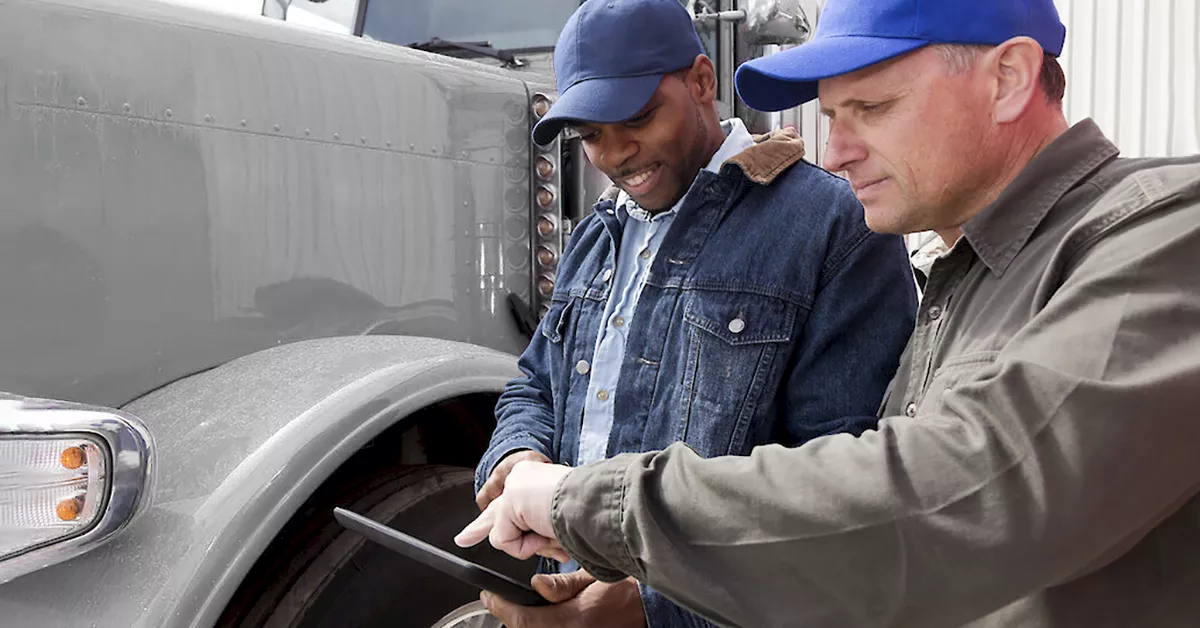The trucking industry is the engine that keeps the American economy moving. Unfortunately, that also makes transportation companies occasional targets for scammers that are looking to steal from a $700 billion industry.
Luckily, there are measures that motor carriers, freight brokers and 3PLs can take to protect themselves against fraudulent activity such as identity theft, double brokering, cargo theft and other scams.

1. Verify contact info
When you’re working with a new business partner, verify that the number on your caller ID or the format of the email address matches what you’re seeing listed for that MC number in the DAT Directory or on the FMCSA’s Safety and Fitness Electronic Records.
For brokers, you can verify and monitor insurance and safety ratings with DAT CarrierWatch, and you can use the tool to verify a carrier’s cargo policy number to avoud fraudsters. If you’re a TIA member, you can use the TIA Watchdog report to identify fraudulent carriers.
2. Ask for addition details
Getting extra info about a shipment or a company’s credentials helps you make better business decisions, but it also helps sniff out scams like double-brokering.
Double-brokering is when a carrier (or someone pretending to be one) books a load through a broker, and then brokers it again to a different carrier.
It’s illegal, but it also isn’t always easy to spot. Multiple brokers do occasionally post the same loads for legit reasons. These are sometimes called “can-get” loads, where the shipper has agreed to award the load to the first broker that can find a truck. This is where asking for additional information can help.
For brokers, ask the caller for the carrier’s cargo insurance policy number. You can then either call the company’s official contact number for the same information or check the insurance certificate on file in DAT CarrierWatch. If the policy numbers match, this caller is more likely to be legitimate.
For carriers, the more information about a load, the better. Not only does knowing details like commodity, pickup times, shipper info or any other finer point give you a better idea of how to price the shipment, it’s information that a scammer is less likely to know. And again, if this is a company you haven’t worked with before, verify their contact information and credentials.
3. Keep your info up to date
Does your business have a new phone number or address? Make sure that information is updated with the FMCSA and in the DAT Directory. Scammers often look for old phone numbers and addresses in order to pretend to be a different company, so having your info up to date in these places will make it obvious that these scammers aren’t who they say they are.
The DAT Directory is a free service, providing listings and company reviews for carriers, brokers and shippers. Not only does keeping your info updated here help protect you against identity theft, it also makes you easier to find for future business partners.
Need to report a bad player or to collect on nonpayment? DAT can help.

